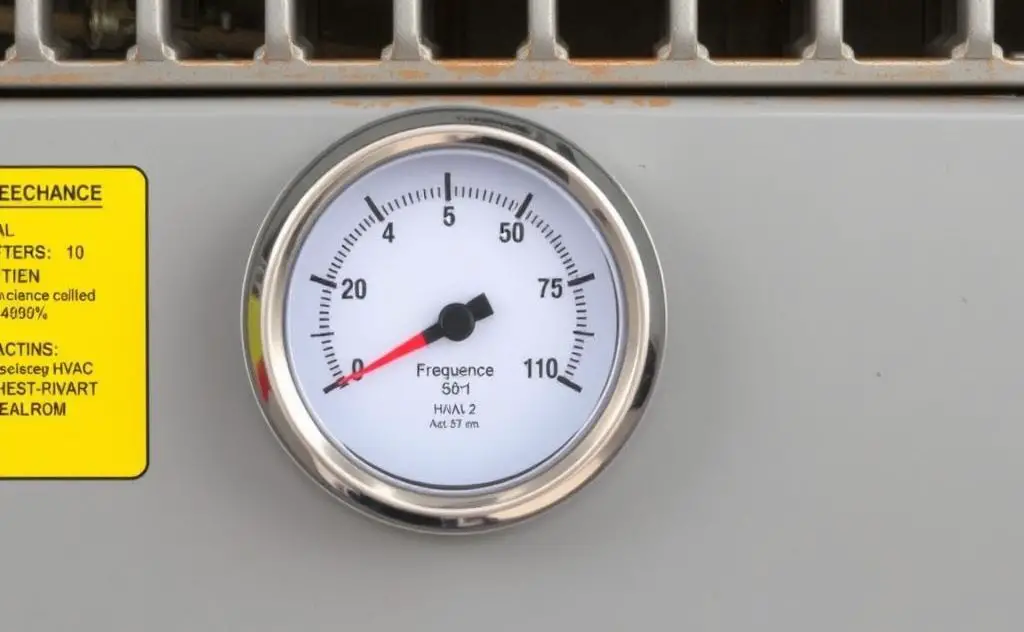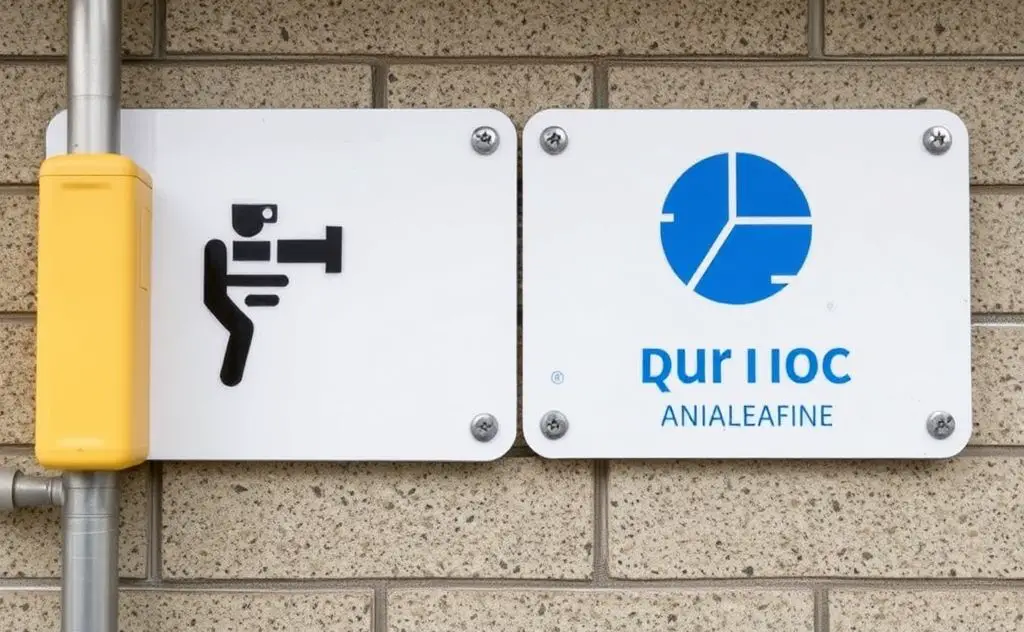HVAC systems typically need to be recharged every 1-3 years, depending on usage, maintenance, and potential refrigerant leaks.
Many homeowners wonder how often their HVAC system needs refrigerant recharging. The truth is, a properly functioning system should rarely need recharging. If your system requires frequent refrigerant top-ups, you likely have a leak that needs professional attention.

Understanding HVAC Refrigerant Basics
Refrigerant is the lifeblood of your air conditioning system. It absorbs heat from indoor air and releases it outside, creating the cooling effect. Unlike fuel in a car, refrigerant isn’t consumed – it circulates continuously in a closed loop.
Common Refrigerant Types
- R-22 (Phasing out due to environmental regulations)
- R-410A (Current standard for newer systems)
- R-32 (Emerging more eco-friendly option)

Signs Your System Might Need Recharging
Watch for these indicators that your system may be low on refrigerant:
Performance Issues
- Reduced cooling capacity
- Longer cooling cycles
- Warm air blowing from vents
Physical Symptoms
- Ice buildup on refrigerant lines
- Hissing or bubbling noises
- Higher than normal energy bills
How Often Should Recharging Occur?
A properly installed and maintained HVAC system should never need refrigerant recharging under normal circumstances. If your system requires refrigerant more than once every 2-5 years, you likely have:
| Issue | Solution |
|---|---|
| Refrigerant leak | Professional leak detection and repair |
| Improper initial charge | System evacuation and proper recharge |
| Component failure | Part replacement by certified technician |
Why You Shouldn’t DIY Refrigerant Recharging
While it might be tempting to handle refrigerant issues yourself, there are several compelling reasons to call a professional:
Safety Concerns
Refrigerants can be hazardous to handle without proper training and equipment. Exposure can cause frostbite or respiratory issues.
Legal Restrictions
Since 1995, the EPA has required certification to handle refrigerants. Unauthorized handling can result in significant fines.
System Damage Risk
Improper charging can lead to compressor failure, one of the most expensive HVAC components to replace.
Proper Maintenance to Avoid Recharging
Regular maintenance is key to preventing refrigerant issues. Consider these essential services:
Annual Professional Tune-ups
A certified technician can spot small issues before they become big problems, including early signs of refrigerant leaks.
DIY Maintenance Tasks
- Regularly changing air filters
- Keeping outdoor unit clear of debris
- Monitoring system performance
For optimal performance, consider pairing your HVAC system with precise thermostat controls to reduce strain on your system.
When to Call a Professional
Contact an HVAC technician immediately if you notice:
- Sudden loss of cooling capacity
- Visible refrigerant leaks (oily residue on pipes)
- Frozen coils or refrigerant lines
- Unusual noises from the outdoor unit
For homes with built-in heating systems, integrated HVAC maintenance becomes even more crucial for year-round comfort.
Cost Considerations
Refrigerant recharge costs vary based on:
- Type of refrigerant needed
- Amount required
- Labor for leak detection and repair
Remember that simply adding refrigerant without fixing leaks is a temporary solution that will lead to recurring costs. A proper repair, while potentially more expensive upfront, saves money in the long run.
